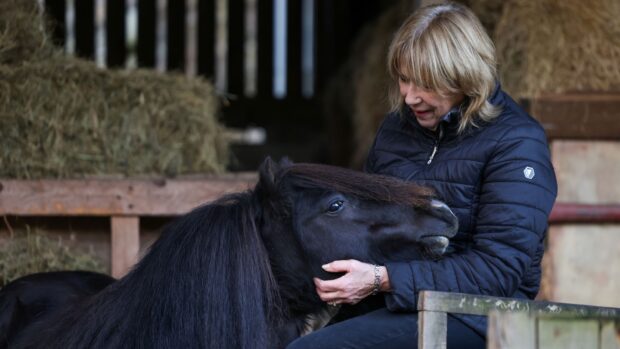LETTERS have been sent to all polo patrons and vets reiterating that vets who are not registered with the Royal College of Veterinary Surgeons (RCVS) may not practise in the UK.
The reminder, from the RCVS and the Hurlingham Polo Association (HPA), follows the death of 21 ponies at a match in Wellington, Florida, on 19 April, at which it is alleged a pre-match injection went wrong (news, 23 April). An investigation is ongoing.
RCVS council member Richard Stephenson said: “The RCVS recognises the qualifications of vets who have qualified in the European Union, Australia, Canada, South Africa and most US states, but not South America.”
There is concern that as some South American players and team managers are also vets qualified in that region, they may be treating their horses in contravention of the 1966 Veterinary Surgeons Act.
Mr Stephenson said the problem is restricted to a group of six or seven visiting vets and he is worried they could be using drugs not licensed in the UK.
The HPA has strict regulations on what can be given to polo ponies, with an exception for 12 substances said to be “appropriate for treatment and conditioning”. Random drug tests are carried out at HPA matches.
Guards Polo Club vet Simon Nap, who sits on the HPA welfare committee, said: “Previously, teams would have called in a British vet if there were health concerns, but increasingly we are hearing that they are treating the ponies themselves and even touting for business with other teams. If so, they are breaking the law.”
Guards has asked all teams to provide contact information for each member this season, including grooms and managers, and register where the ponies are kept.
Spokesman Diana Butler said: “Teams bring vets over with them, but we make it very clear that they cannot treat the ponies and we always have a vet on-site for our matches. So if there is a problem, they treat the animal.”
Read this story in full in the current issue of Horse & Hound (28 May, ’09)



